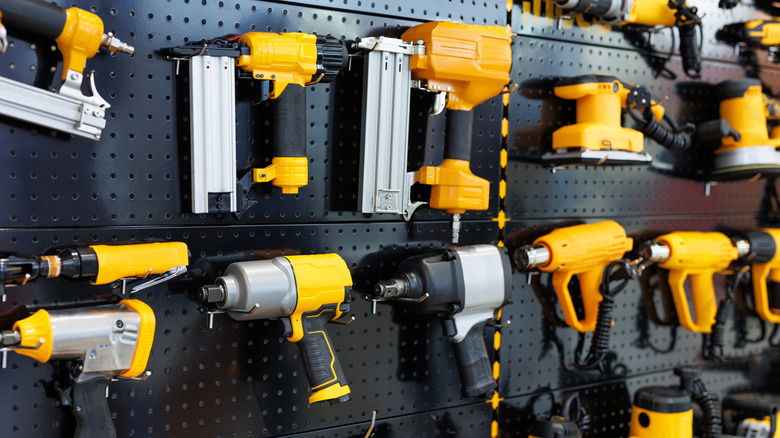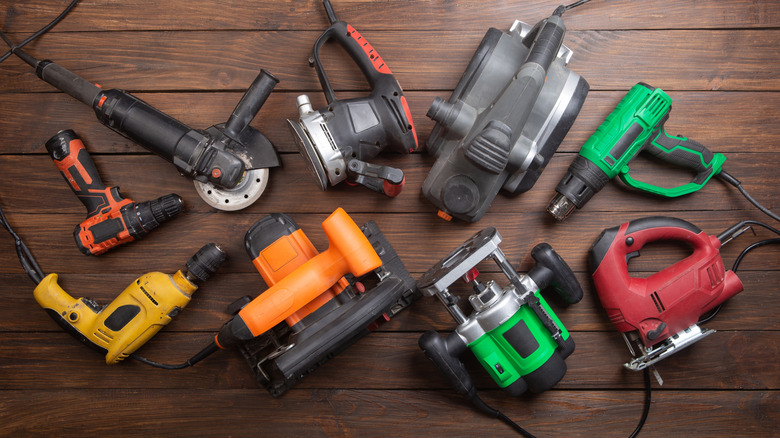What Exactly Does Lifetime Warranty Mean For Your Tools?
When you see the words "lifetime warranty" stamped on a tool, it sounds like a deal that's too good to pass up. But before you toss the receipt and assume your tool is covered forever, it's worth understanding what that promise really means. In most cases, "lifetime" doesn't mean your lifetime; it refers to the expected working life of the tool under normal use. That's a big difference, and it catches many buyers off guard when it's time to file a claim.
A true lifetime warranty for tools usually only covers manufacturing defects or issues in materials, and not wear and tear. That means if your wrench breaks because of a defect, you're probably covered. But if it just wore out over time or broke from misuse, don't expect even the best power tool brands to replace it. Furthermore, many brands also require proof of purchase, registration within a specific timeframe, or other steps to keep your coverage valid. So, while "lifetime" sounds simple, it often comes with fine print you can't afford to ignore.
What's actually covered and what isn't?
Tool warranties are usually very specific about what they protect. For example, Ridgid and Milwaukee offer full lifetime warranties on certain hand tools, covering only defects in materials or manufacturing. But if your tool is rusted, bent, welded, or modified, your claim will be rejected. And even if your tool breaks under normal use, you may be required to show a receipt, describe the defect, or even pay for shipping.
Some brands, like DeWalt, are known for a more flexible approach, as they'll replace mechanical tools without even asking for proof of purchase. However, when it comes to power tools or accessories, like drill bits and blades, the rules change. These items typically come with limited warranties or are excluded entirely. For Ridgid, only tools registered within 90 days qualify for the Lifetime Service Agreement, which does cover wear and tear, but only for the original buyer. Failing to register in time usually defaults the coverage to just a few years.
Know your brand's policy before you rely on it
Not all lifetime warranties are created equal. Companies like Craftsman and Stanley are known for hassle-free returns on hand tools like sockets, wrenches, and garden tools. Others, like Fiskars, offer generous lifetime coverage but draw the line at commercial misuse, sharpening, or normal wear. Some brands also stop honoring warranties once a tool is discontinued, which is something to watch for with older products. Even items like toolboxes or garage storage may have different terms depending on the brand and model.
At the end of the day, always read the fine print. A tool's warranty might sound like a safety net, but there are often requirements, like tool registration, proper use, and proof of purchase, that make a difference. Photograph your receipts, register your tools online, and avoid twisting or modifying them. A lifetime warranty can bring peace of mind, just make sure you actually qualify for it when the time comes. Check the manufacturer's website and, if you're still not sure, a quick call or email can clear up what's covered and what's not.


